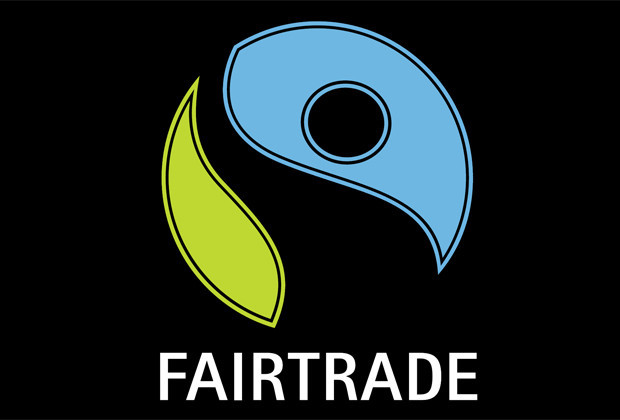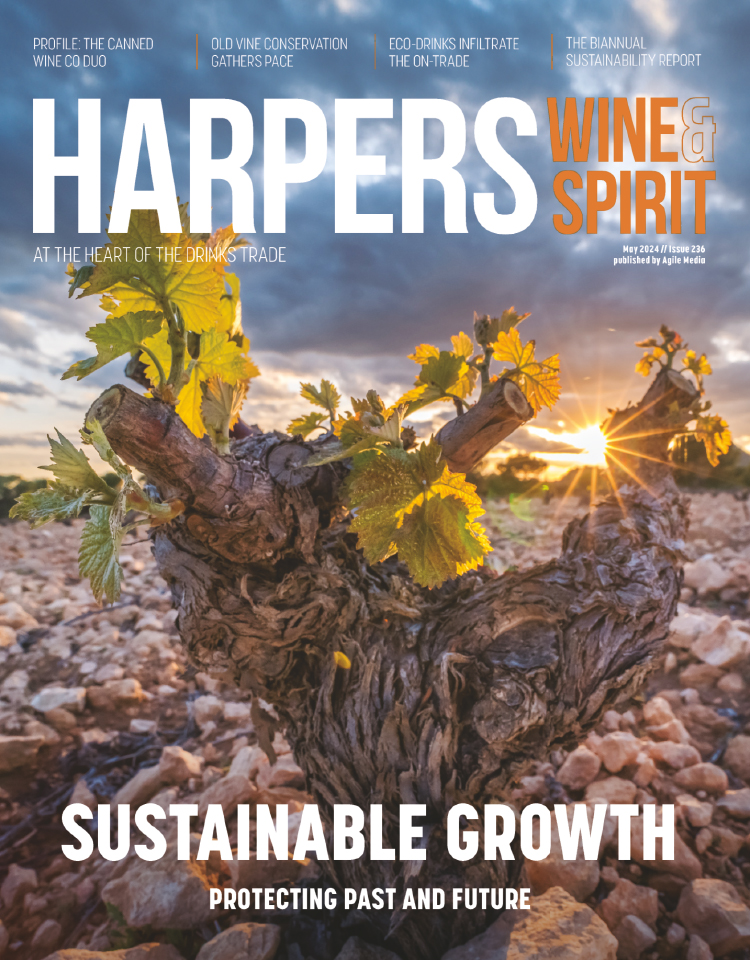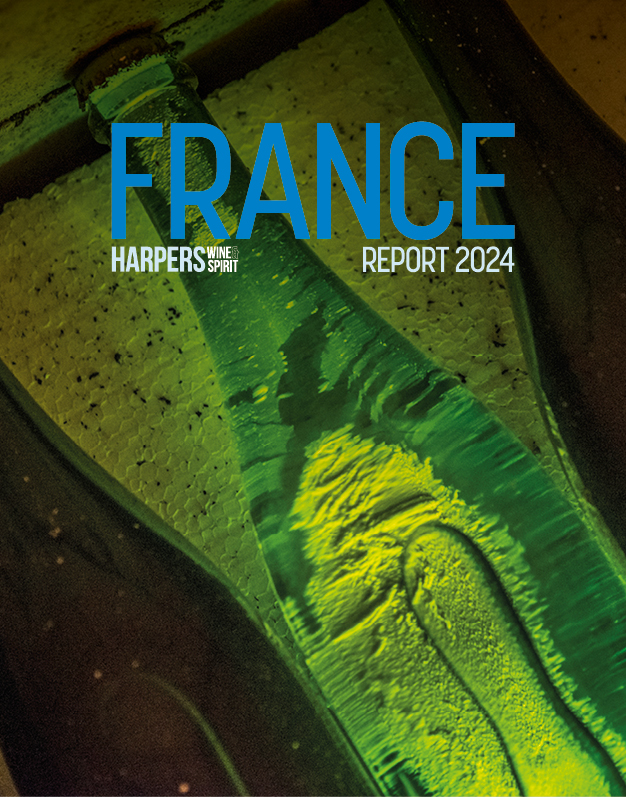
Co-op's major own label conversion boosts UK Fairtrade wine volumes by 20%
The Co-op’s new conversion of its major own-label range will boost the UK’s Fairtrade wine volumes by 20%.
Leaders in Fairtrade wine, with 66% of the UK category and 33% worldwide, the Co-op – which helped to establish Fairtrade accreditation for wine back in 2004 – told Harpers last week it had seen “phenomenal growth” of Fairtrade wine over the past few years.
And now, Harpers can reveal that the Co-op has finalised a deal with supplier Lutzville to convert its generic Co-op own-label range of red, white and rosé to Fairtrade, with the newly accredited wines now hitting the shelves via Kingsland Drinks.
According to Co-op wine buyer Ed Robinson, this will increase the volume of Fairtrade wine in the UK by 20% – the equivalent of approximately 3 million litres.
“This is a big breakthrough and it brings a whole new volume of wine to the Fairtrade market,” he said. “Very few producers are able to supply volumes on this scale, so it’s great news for us and for the Fairtrade wine movement, which is really having a bit of a boom. As a category, it’s massively oversubscribed.”
Negotiations for what is tipped to be the biggest single Fairtrade wine deal ever made began around a year ago, at a time when the Co-op was facing stiff competition from northern Europe in order to keep up with demand and maintain supply.
As demand grows, so too are producers gradually working towards Fairtrade accreditation.
“Now, there is a meaningful supply base to draw from,” said Robinson. “And that’s what you want as a retailer – a range of different styles and price ranges.”
The deal follows the work of the Co-op with other South African producers, including Accolade’s Kumala, which it has also worked with to meet Fairtrade standards.
As the largest producer of Fairtrade wine globally, South Africa remains by far the biggest Fairtrade category for the Co-op, where 75% of combined branded and own-label wine sales are Fairtrade – and where the ethical retailer has been working closely since the end of apartheid.
“During that time we’ve seen quality grow so much. It’s now a natural progression to convert. We still buy from some smaller estates which aren’t accredited, but we’re hoping to change that and broaden the Fairtrade remit,” says Robinson.
For the full Fairtrade report from Harpers’ May issue, click here.
Keywords:
- wine
- Producers
- it’s
- category
- own label
- range
- co
- Fairtrade
- label
- op
- own
- co op
- fairtrade wine
- wine volumes
- fairtrade accreditation
- fairtrade wine volumes
- own label range
- african producers
- price ranges






